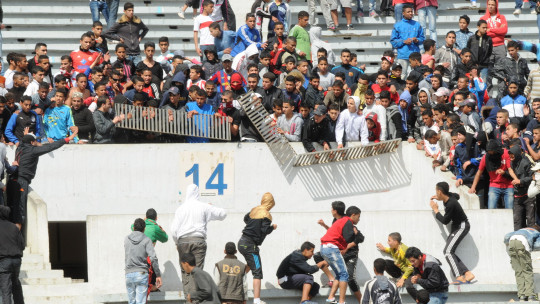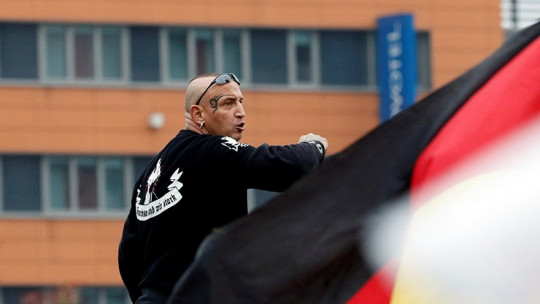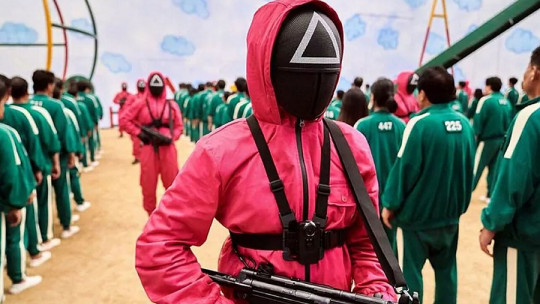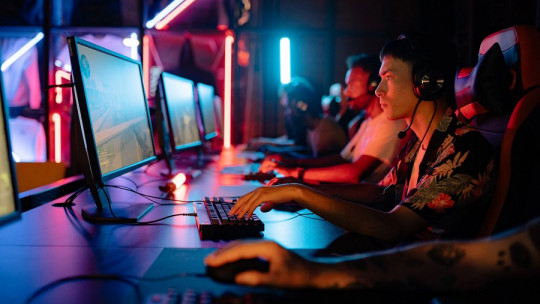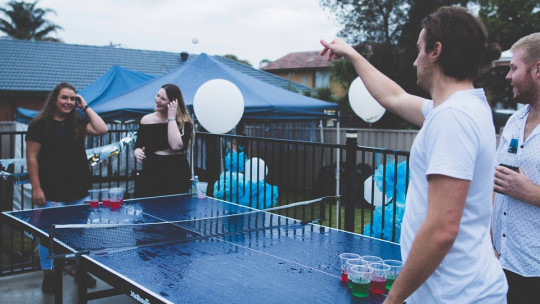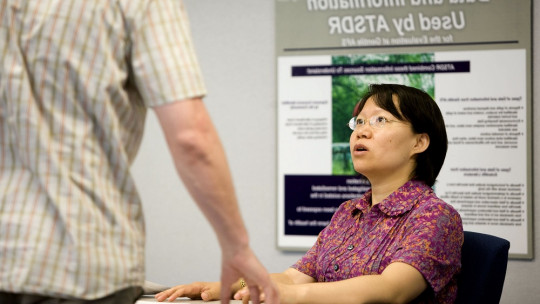The derby in which FC Barcelona played against Real Madrid was recently broadcast, and the bars were filled with confrontation. People positioned with one team or another discussing the tactics used by the coaches, debating who was the star among the outstanding players on both sides, etc.
Football and confrontation
In these types of events we can easily see the positioning of people according to how they feel identified with the ideals of a club among other reasons, but it is more difficult to see someone who goes to watch the game to enjoy a meeting between top players. sporting level speaking. Each person shows a feeling of belonging based on their life history towards one or another, and this makes objectivity lose weight compared to the subjective vision of each person.
This phenomenon is easy to see when a controversial play occurs or when evaluating the work of a team even if it is the opposite. We can see how the conflict gains ground compared to the educational impact it has for the people who watch the game. Thousands of shirts of so-called star players are sold, they exploit the media image of these players to sell a certain product…
Without going any further, you just have to look at the football boots that young people demand, or the name they want printed on their shirts. During this open conflict we, both spectators and sports journalists, forget, the greater relevance that team play has compared to the decisive weight that one or another prominent character may have We forget in the heat of the game that a player cannot compete alone against eleven opposing players: this is not the message that arrives, but rather the star play or the goal that he was able to score regardless of how the game is going or if that concept has existed. of justice for the team that works best to achieve its objective. This can translate into the search for quick rewards over the collective values of a team.
Culture of confrontation
In the course of searching for the goal, and especially in matches where time has been dedicated weeks before to warm up the atmosphere and promote the sporting pink dam, there are scuffles between players. We see how falls are exaggerated or how they disrespect each other with footsteps, or with statements in the press, we also see how the frustration tolerance of some players is called into question by the formation of tanganas, but what we do not see so easily is the media impact it has on people’s education as I mentioned before.
Television, internet, press, etc. are also considered educational media. But it seems that the most lucrative objective is not the spectacle of the sport itself, but rather fostering individuality and the belief that a player can only beat an entire team, and this is reinforced by the football atmosphere that can be breathed in the nearest bar.
The objective of this article is to question the role of the media in events that move masses, and that are references for many people of all ages, and that instead of uniting for the pleasure of watching a top-level match, feed confrontation and emphasize the attributes that precisely least benefit a team sport or the group relations between a team and between both. Hopefully we can see a match in which the strongest entrances are not sought, nor the most spectacular pools, but rather a mirror where people can reflect and feel part of it in a positive way, without violence or racial discrimination, and with respect. as a flag.
fair play It should not be an empty label, but rather an educational tool for the young and not so young that can be applied in our daily lives. Also, why consider the two teams as opposites or as something that cannot be mixed like oil and water. Why not change the focus and consider it as sweet and salty, with how good melon with ham, or chocolate with orange, is. It all depends on the point of view we start from.
Let’s advocate for transform the negative or different into creative and positive opportunities that provide resources to transform society into a better place.

